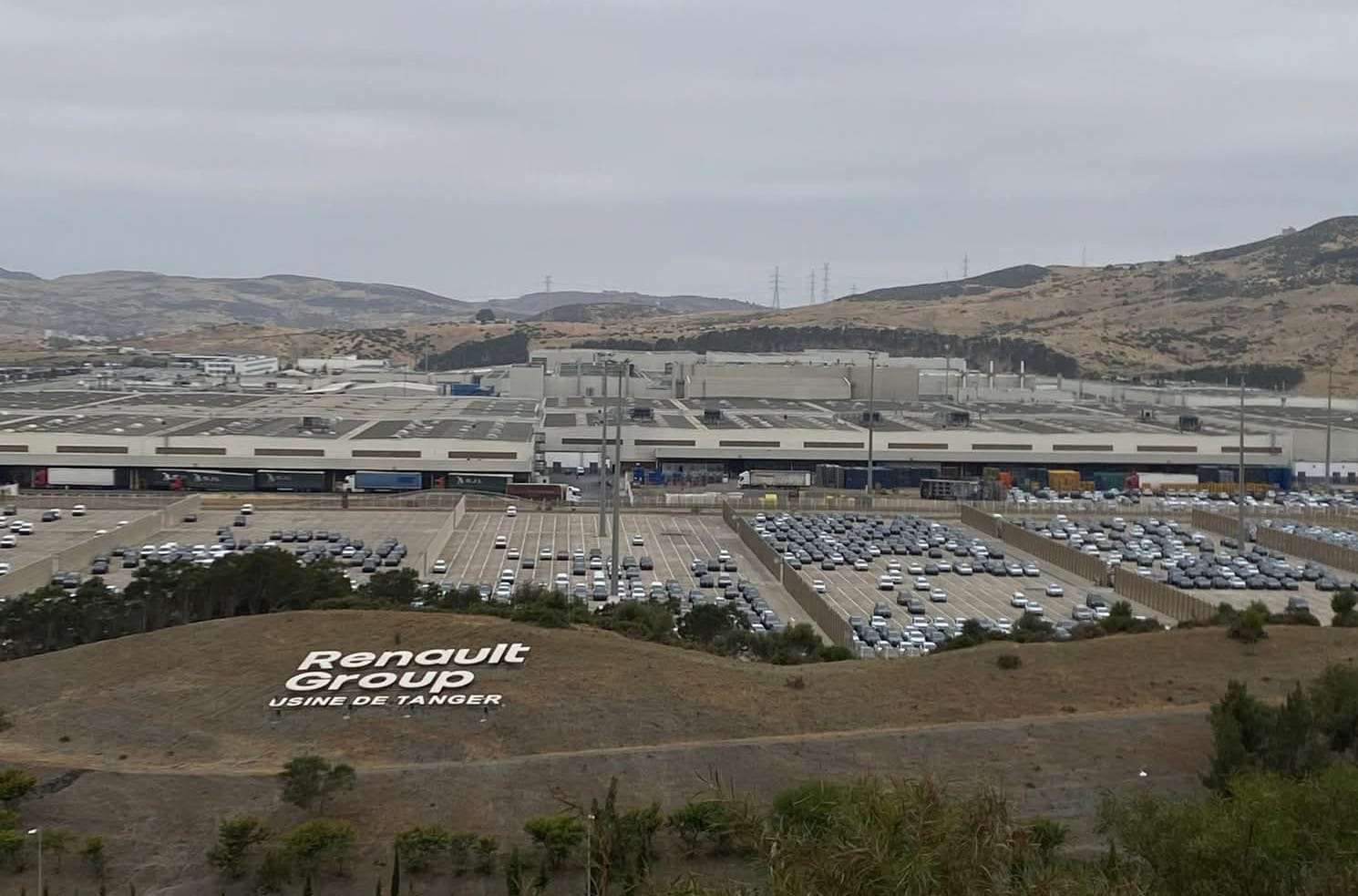Casablanca – Morocco’s renewable energy sector is quickly becoming a major contributor to job creation, especially as the country seeks to expand its green energy initiatives. A recent report by the Middle East Institute highlights the nation’s significant potential in renewable energy technologies, setting the stage for job opportunities that could transform Morocco’s workforce and economy.
Morocco’s global standing in renewable energy
Morocco ranks among the world’s most attractive markets for renewable energy investment, placing first in 2022 and second in 2023, just behind Denmark. This international recognition, supported by the RECAI index, has positioned Morocco as a renewable energy leader within the MENA region, attracting large-scale investments in solar, wind, and other green technologies. These developments provide a unique opportunity for local job creation, especially within small and medium-sized enterprises (SMEs).
Targeted employment growth for women and youth
Morocco’s renewable energy expansion goes hand in hand with a strategy to increase job opportunities for youth and women. By focusing on integrating these demographics into the job market, Morocco aims to support the growth of a sustainable green economy. Specialized skills training, particularly in technical and entrepreneurial fields, is essential to this effort, enabling Moroccan workers to meet the demands of the renewable energy sector.
Encouraging innovation and new enterprises
To sustain this momentum, Morocco is fostering an environment of innovation within the energy sector. This includes support for the creation of green manufacturing enterprises, which offer high-potential job opportunities for women and skilled workers. By promoting local innovation, Morocco seeks to ensure that its renewable energy industry continues to grow and that Moroccan citizens can benefit from the sector’s expansion.
Challenges and opportunities for SMEs
Despite the sector’s growth, many SMEs are hesitant to enter the renewable energy market due to high costs and technical barriers. The report by the Middle East Institute underscores the need for stronger support structures to help these businesses engage in green energy projects. Addressing these challenges is crucial for maximizing the employment potential in the sector, especially in urban areas where renewable energy companies can thrive.
Renewable energy in agriculture and rural development
The renewable energy sector is also creating opportunities beyond urban areas. For Morocco’s agricultural regions, renewable energy offers a way to power essential infrastructure like desalination plants, which can improve productivity on small farms. Given Morocco’s heavy reliance on agriculture, this use of green technology is expected to provide sustainable livelihoods for rural families.
The Green Generation strategy
Aiming to elevate 400,000 farming families to middle-class status, Morocco’s “Green Generation” strategy relies heavily on renewable energy. By expanding green energy production, Morocco hopes to achieve greater economic stability and resilience within its agricultural sector, ensuring that renewable energy benefits reach families throughout the country.
As Morocco’s renewable energy market continues to grow, the sector is expected to play a central role in the country’s employment landscape, offering new possibilities for sustainable development and inclusivity across diverse communities.
















